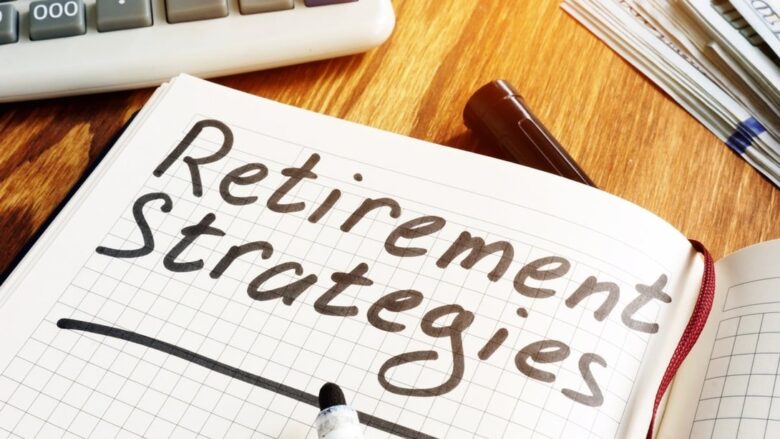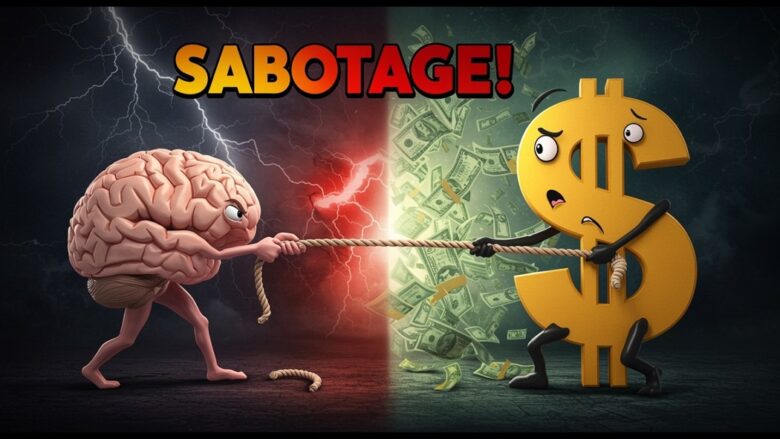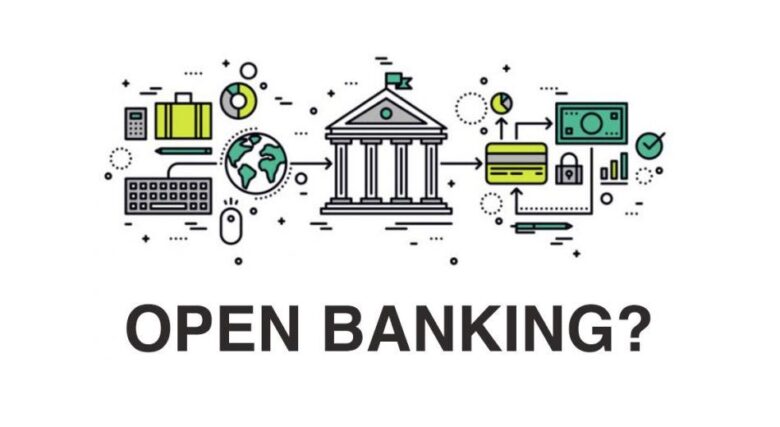Saving for retirement isn’t just a simple math problem; it’s a deeply psychological process influenced by biases, emotions, and decision-making patterns. As we study behavioral economics, we discover that most people don’t save wisely. Instead, present bias often influences our decisions, making short-term gains seem more attractive than long-term gains, even if those gains are …
Financial risk decisions aren’t just about statistics and reasoning. They’re also deeply emotional, and our biases—mental shortcuts we’re not even aware of—often drive our decisions. These biases influence how we assess risk, choose investments, and even how much insurance we need. The problem is, we’re often unaware that they’re working behind the scenes, clouding our …
Under the influence of behavioral economics, financial advisors and asset managers are reevaluating clients’ behavior, decision-making, and long-term financial performance. This emerging discipline, which combines psychological and economic theories, explains why investors often make irrational financial decisions. Asset managers can now offer clients more empathetic solutions by overcoming biases such as loss aversion and overconfidence …
Starting a business can feel overwhelming, especially when it comes to managing your finances. Many entrepreneurs focus so heavily on their product or service that they overlook the financial foundation that will make or break their venture. Good financial management isn’t just about keeping the lights on—it’s about creating a roadmap for sustainable growth and …
Cash flow problems affect 82% of small businesses, yet many entrepreneurs struggle to identify practical solutions. Strong cash flow management separates thriving companies from those that barely survive month to month. What’s the positive aspect? You can transform your cash flow situation with the right strategies and tools. This guide covers proven methods to boost your …
You might think your financial strategy is perfect—a budget, savings goals, and an investment plan are all in place. But your brain might be secretly working against you. Our brains are filled with biases that can thwart even the most well-laid plans, from emotional spending and procrastination to worrying about stock market drops. These behaviors …
It’s not just about making smart investments or saving large sums to gradually build wealth. It’s also about controlling your behavior—those subtle choices and actions that can help your finances grow or unknowingly harm them. While most individuals concentrate on returns, portfolios, and market trends, they often overlook behavioral patterns. Unaddressed, these patterns can result …
Establishing and monitoring business credit can help small businesses secure loans and lines of credit with more favorable terms and rates. While establishing and monitoring such credit may seem like a daunting task, establishing one from nothing in a matter of months should prove achievable. As soon as your business is registered and has acquired …
Usage-based insurance (UBI) is a new approach to determining insurance premiums that takes into account how often and safely someone uses their insured property (usually a car). Usage-based insurance uses real-time data from telematics devices or smartphone apps, while traditional insurance models rely primarily on demographic and historical data. This means that your driving style, …
Open banking is a new type of financial technology that is changing the way banks, users, and third-party service providers collaborate. Essentially, open banking enables banks to securely share customers’ financial information with authorized partners through application programming interfaces (APIs). This means that banking services are no longer limited to a single company but become …










